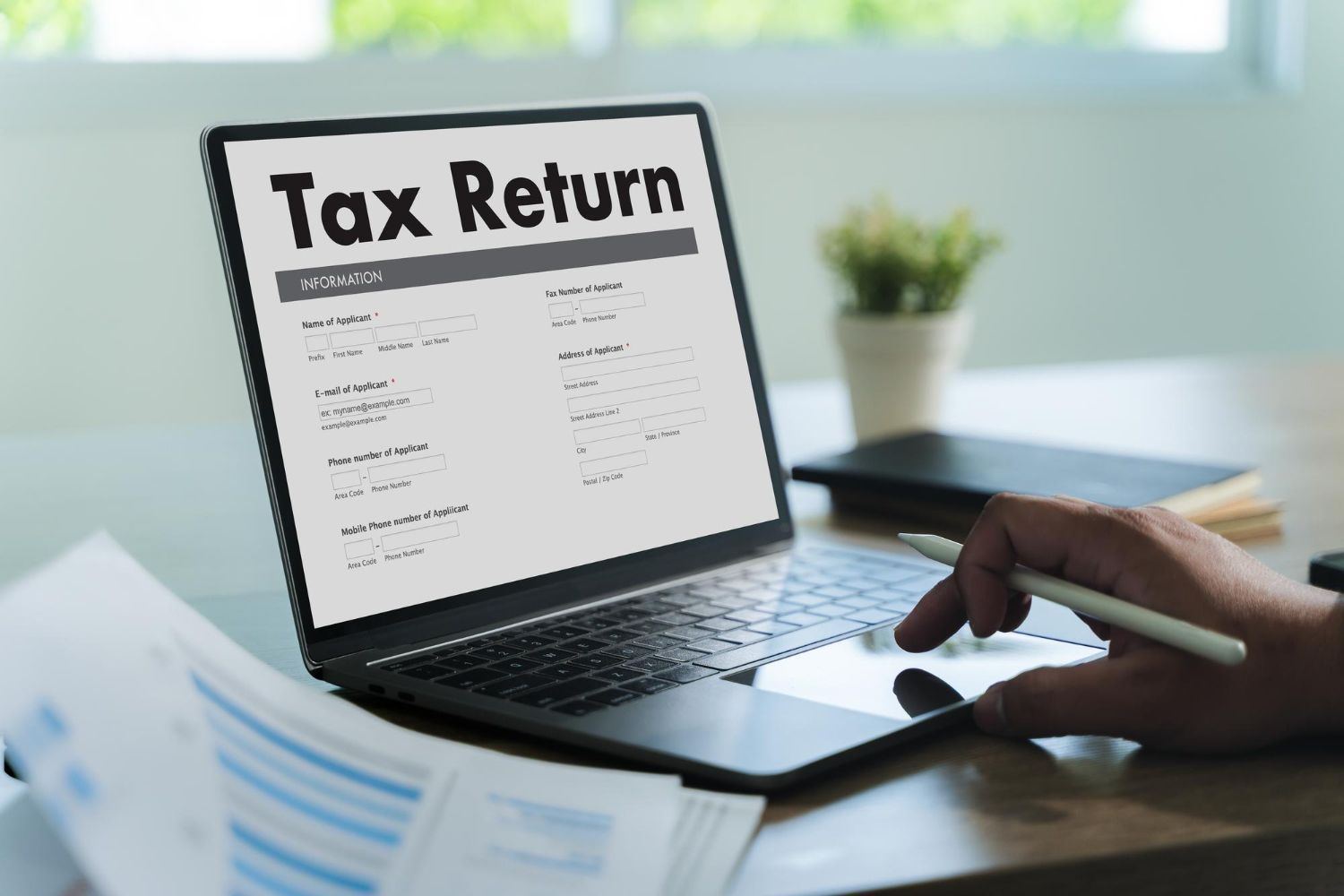Writing Off Your Automobile Expense as Business in Canada
Are you looking for ways to save on your taxes? One simple way to do this is by claiming deductions for automobile expense that are used to help earn income for automobile as a business expense. Regardless of whether you’re an employee, a business owner, in a partnership, or self-employed, there are ways to take advantage of tax savings.
A Guide to Deducting Automobile Expense for Canadian Salaried Employees
If you’re a salaried employee in Canada and your work mostly takes place away from your employer’s place of business, you may be able to deduct some of the automobile expenses associated with your job. However, there are several conditions that must be met in order to claim these deductions.
First, your work agreement must make no provision for motor car expenditures, and your employer cannot have offered any form of repayment or allowance for these expenses. Additionally, your employer cannot have supplied a non-taxable allowance based on an affordable per-kilometer price for motor car costs.
To claim these deductions, you’ll need to fill out and sign the Declaration of Conditions of Employment (T2200 form), which must be filed along with your tax return.
If you meet all of these conditions, you may be able to deduct certain automobile expense on your tax return. Keep reading for more information on what expenses you can deduct.

What Car Expenses Can Salaried and Commission-Based Employees Deduct?
Salaried employees who earn income primarily through commission can deduct the following expenses:
- Fuel costs (gasoline, propane, oil)
- License and registration fees
- Maintenance and repairs
- Insurance
- Capital cost allowance.
- Automobile loans with eligible interest rates
- Lease fees that are eligible
To calculate your capital cost allowance, use the Statement of Employment Expenses (Form T777) and keep a record of all charges incurred from the day you purchased your vehicle for automobile expense. Note that there are limits on passenger cars for eligible interest on car loans. For passenger cars purchased between December 31, 1996, and January 1, 2001, you may claim the lesser of the total interest paid within the calendar year or 30 days x $8.33 ($10.00 for other vehicles).
Using Multiple Cars for Business Purposes: How to Calculate Expenses
If you use multiple cars for work purposes, it’s important to calculate the expenses and deductions for each one separately. This ensures that you only claim the expenses that are directly related to your work, and not those related to personal use. Keep track of the specific expenses for each car, such as fuel, maintenance, and insurance, and use the appropriate forms to claim deductions on your taxes. By accurately calculating your expenses, you can maximize your deductions while staying compliant with tax regulations.
Deductible Automobile Expense for Self-Employed Individuals, Sole Proprietors, and Partnerships:
Similar to salaried employees, self-employed individuals, sole proprietors, and partnerships can only claim car expenses that are incurred for the purpose of earning income. For example, parking automobile expense that are incurred during business activities can be deducted. Additionally, any additional business-related insurance expenses for your vehicle are also entirely deductible. Keeping detailed records of your motor vehicle use will help support your claims. If you use your car for both personal and work purposes, you need to keep track of your total mileage.
Calculating Car Expenses for Business Owners:
The Canada Revenue Agency provides an example of how to determine the cost of driving a car for business purposes. For instance, if a business owner uses a van for both personal and work-related activities, they must keep track of the total kilometers driven during the 12-month tax period. In this example, the van was driven 30,000 kilometers in total, with 27,000 kilometers driven for business purposes.
Tax-deductible expenses include the $100 license and registration fee, $2,400 for gas and oil, $1,900 for insurance, $800 in interest, and $200 for upkeep and maintenance for automobile expense. The total deductible cost for the van is $5,400.
To calculate the amount of van expenses that can be deducted, business owners can use the following example provided by the CRA:
- The van is used for both personal and business reasons.
- Total kilometers driven in the 12-month tax period: 30,000 kilometers for business purposes and 27,000 kilometers for personal use.
- Tax-deductible expenses include: $100 for license and registration, $2,400 for gas and oil, $1,900 for insurance, and $200 for upkeep and maintenance. The total cost is $5,400.
The owner can calculate the deductible amount as follows: 27,000 business kilometers ÷ 30,000 total kilometers x $5,400 total expenses = $4,860 for automobile expense. Additionally, the owner can claim $40 for business parking fees and $100 for supplementary business insurance, for a total deductible amount of $5,000 for the van.

What are the advantages of tracking your mileage daily?
While you may know that keeping track of your car-related time for business purposes is necessary, it can be easy to forget amidst your busy schedules. However, it is crucial to maintain accurate records of the kilometers you drive for work as it can prove to be beneficial if you get audited.
By developing a consistent habit of tracking and recording your travels each day, you ensure that you do not miss any kilometers. This approach guarantees that your information is as accurate as possible, and you do not have to rely on guesswork. Furthermore, you have a readily available document during tax time, Automobile Expense which simplifies the preparation process.
The post Writing Off Your Automobile Expense as Business in Canada appeared first on DBM Accounting | David B. McKeand Professional Corporation.











